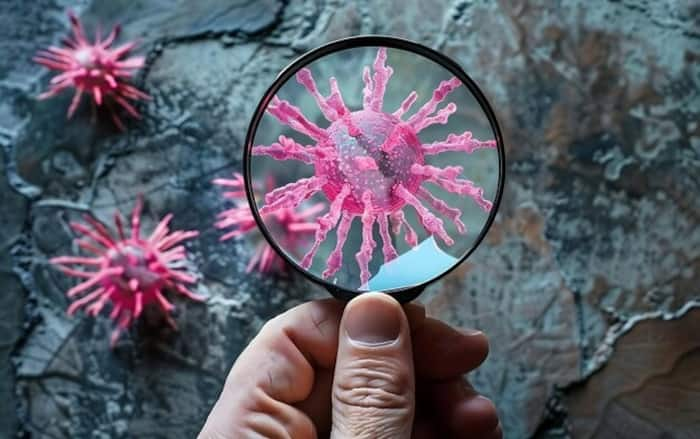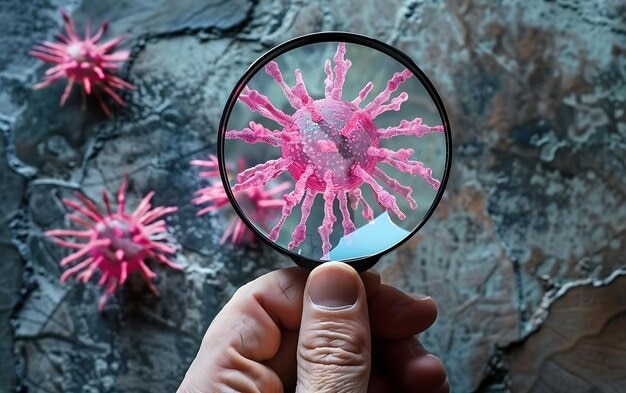Rare and fatal brain-eating amoebic infection is currently causing stir in Kerala. Health Minister urged to follow precautions and stay safe against the rising amoebic meningoencephalitis cases.

Amid surge in dengue and malaria cases in the country, there is another rising infection that is causing stir in Kerala. On Monday, Health Minister Veena George issued a warning about increasing amoebic meningoencephalitis cases and urged the public to take precautions regarding the rare brain-eating amoebic infection.
George said in the press meeting, “People using stagnant water for bathing or washing animals should be cautious. Seek medical attention if severe headaches, fever, nausea, vomiting, or neck stiffness occur after contact with such water.” She further added, “Awareness efforts and preventive measures are being intensified. The Health Department has released national guidelines on the prevention, diagnosis, and treatment of the disease”.
What is Amoebic Meningoencephalitis?
Primary Amoebic Meningoencephalitis also known as PAM, is a rare yet deadly lethal brain infection caused by the Naegleria fowleri amoeba. The microscopic amoeba basically thrives in warm freshwater environments where water is mostly stagnated and not flowing. When contaminated water enters the nose and travels to the brain it poses a significant health risk, leading to severe tissue damage and brain swelling.
Signs And Symptoms
The early signs of the amoebic infection can easily be mistaken for common viral illnesses, making early diagnosis difficult. Some of the symptoms include:
- Headache
- Fever
- Nausea
- Confusion
- Hallucinations
- Stiff neck
The disease advances rapidly, often resulting in coma or even death within days of the onset of symptoms.
Precautions
It is essential to remember that PAM is uncommon and a deadly infection. It cannot be transmitted through direct contact. One must minimize exposure to the conducive environments like avoiding warm freshwater areas, frequent and regular chlorination in pool and using proper clips and covers while swimming in pools.
Currently, there is no definitive cure for Amoebic Meningoencephalitis and can be severe if not treated promptly.

